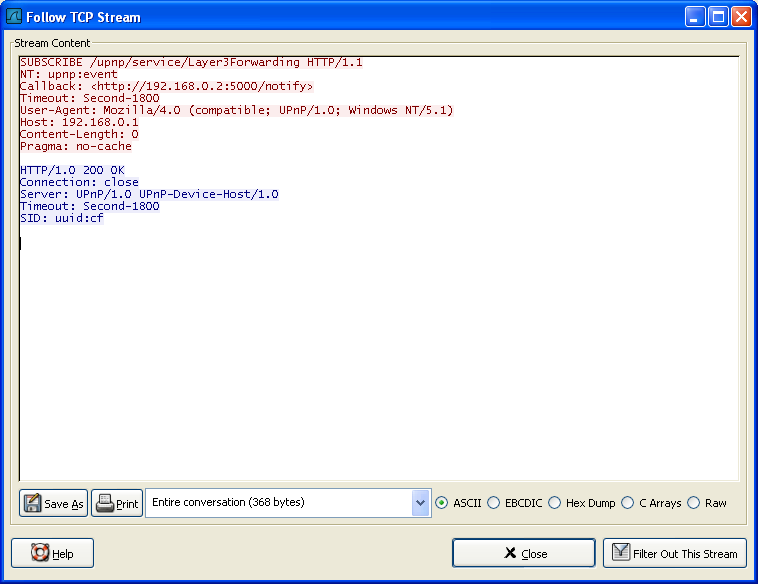the real problem is what we're layering the web on we shouldn't be doing the web over this kind of just simple file distribution system that works over TCP and you have to work really hard to put over anything else we should be putting the web over a distribution system that can deal with the distributed case that is offline first and uh this is are kind of like stats showing the usage of mobile apps versus uh the web and so on so this is a very real real thing
for - quote / insight - We shouldn't be doing the web over this simple file distribution system that works over TCP - Juan Benet - IPFS
